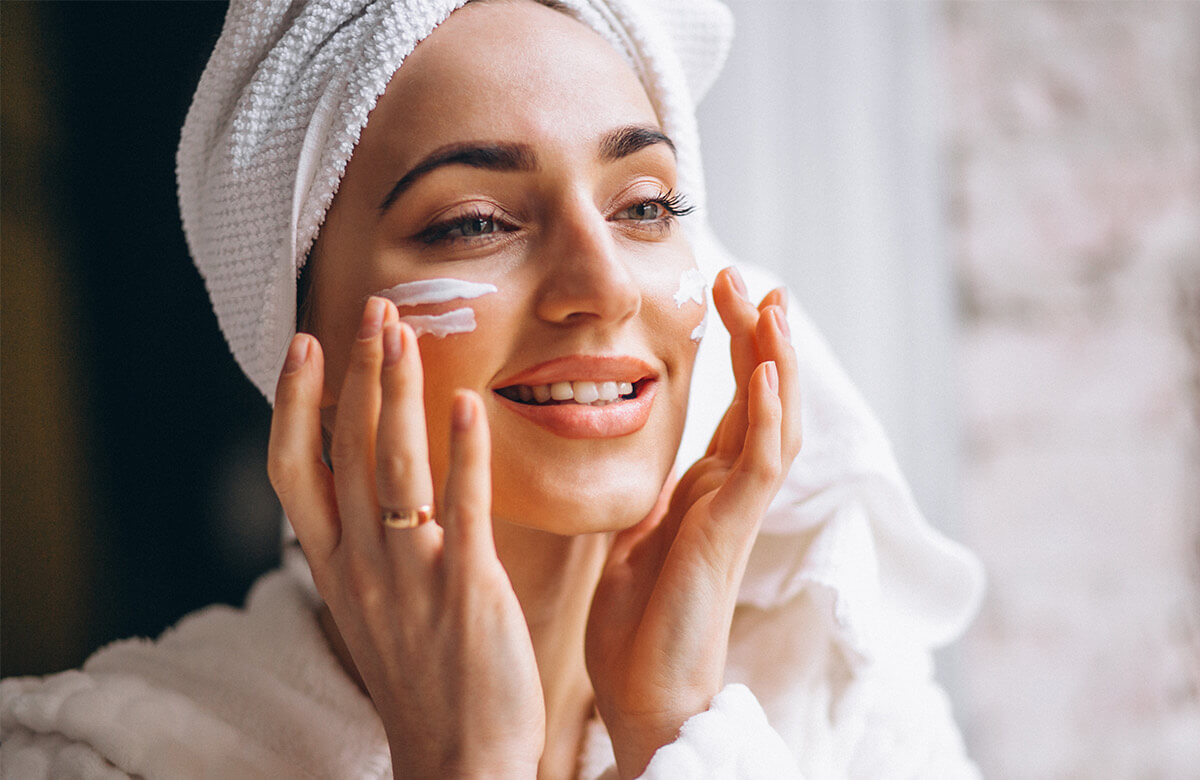Signs of Over-Exfoliation: A Warning for Beauticians
As a beautician, understanding the signs of over-exfoliation is crucial to maintaining your clients' skin health. Exfoliation is a key part of any skincare routine, helping to remove dead skin cells and revealing the fresh, glowing skin underneath. However, when overdone, it can lead to a host of skin issues that can damage the skin's barrier and cause discomfort for your clients.
Recognizing the signs of over-exfoliation early can help you adjust treatments accordingly and educate your clients on the importance of moderation in their skincare routines. Here, we'll delve into what these signs are, why they occur, and how to remedy them.

Understanding Over-Exfoliation
Over-exfoliation occurs when the skin is scrubbed too often, too hard, or with products that are too harsh. This can strip away not only dead skin but also the essential oils and healthy skin cells that protect and nourish the skin. The skin's natural barrier becomes compromised, leading to a range of skin concerns.
Key Indicators of Over-Exfoliation
1. Redness and Irritation - One of the most immediate signs of over-exfoliation is redness and irritation. The skin may feel raw, look inflamed, and be sensitive to touch.
2. Excessive Dryness - Over-exfoliated skin often becomes excessively dry as the skin's natural oils are stripped away. This can lead to flakiness and a rough texture.
3. Increased Sensitivity - Clients may report that their skin feels more sensitive to products and environmental factors, such as sun and wind. This heightened sensitivity can be a clear indicator of a compromised skin barrier.
4. Breakouts - Ironically, over-exfoliation can lead to breakouts. By disturbing the skin's natural balance, it can trigger excess oil production, clogging pores and leading to acne.
Why Over-Exfoliation Happens
Over-exfoliation often results from a lack of understanding about how often to exfoliate and which products to use. Many people mistakenly believe that more exfoliation equals better results, but as experts know, that's not the case. Overuse of chemical exfoliants like AHAs (alpha hydroxy acids) and BHAs (beta hydroxy acids), as well as aggressive physical exfoliants, frequently cause these problems.
Building a Skincare Routine is essential for maintaining skin health and preventing over-exfoliation. Educating clients about the balance between exfoliation and hydration can prevent these issues.How to Address Over-Exfoliation
If you suspect a client is suffering from over-exfoliation, there are several steps you can take:
1. Pause Exfoliation - Recommend that they stop exfoliating until their skin has healed. This will give the skin's barrier time to recover.
2. Introduce Soothing Products - Suggest the use of gentle, soothing products like those containing aloe vera or ceramides, which can help repair and restore the skin's natural barrier.
3. Hydration is Key - Encourage clients to use hydrating serums and moisturizers to restore moisture levels in the skin.
Embracing Your Skin with the right products can make a significant difference in recovery from over-exfoliation.Preventing Over-Exfoliation
Prevention is always better than cure. Here are some tips to help your clients avoid over-exfoliation:
1. Educate on Frequency - Teach clients about the appropriate frequency of exfoliation based on their skin type. Generally, 1-3 times a week is sufficient for most skin types.
2. Choose the Right Products - Guide them in selecting the right type of exfoliant for their skin type. For example, sensitive skin may benefit from enzyme-based exfoliants.
3. Advocate for Variety - Encourage alternating between chemical and physical exfoliants to prevent overuse of any single type.
Regular Cleaning of skincare tools can also prevent irritation and over-exfoliation.Conclusion
As a beautician, your role in recognizing and addressing the signs of over-exfoliation is invaluable. By educating your clients on the importance of balanced exfoliation and guiding them in choosing the right products, you can help them maintain healthy, glowing skin.
For further reading on skincare routines, check out this Simplified Skincare Routine.

FAQs
How often should I exfoliate my skin?
For most skin types, exfoliating 1-3 times a week is adequate. It's important to adjust frequency based on your skin type and sensitivity.
Can over-exfoliation cause permanent damage?
While over-exfoliation can damage the skin barrier, it is usually not permanent. With proper care and time, the skin can heal and recover.
Are there any particular ingredients to avoid for sensitive skin?
Yes, individuals with sensitive skin should be cautious with strong chemical exfoliants like AHAs and BHAs, and opt for milder alternatives.
This article contains affiliate links. We may earn a commission at no extra cost to you.

